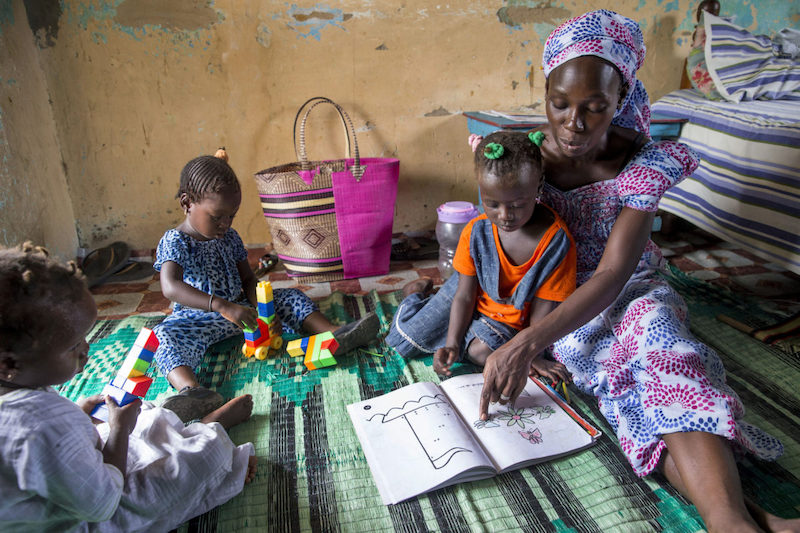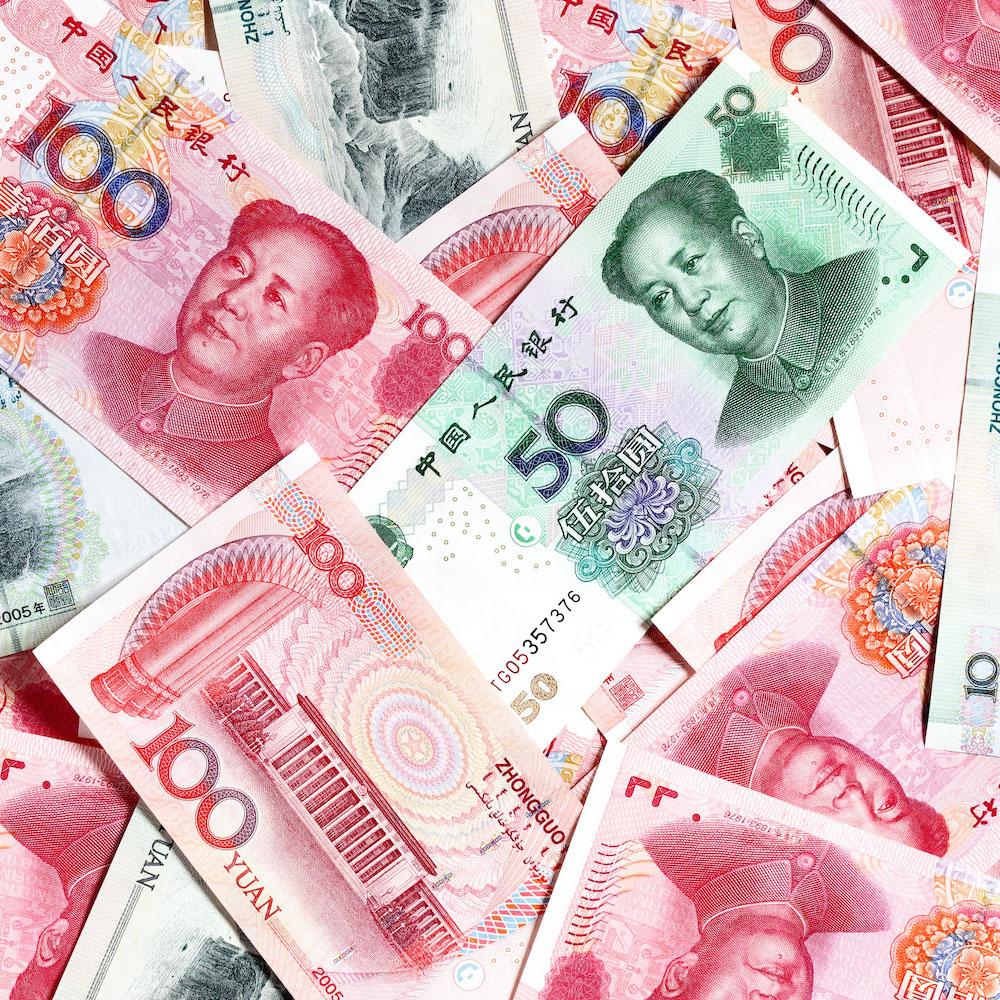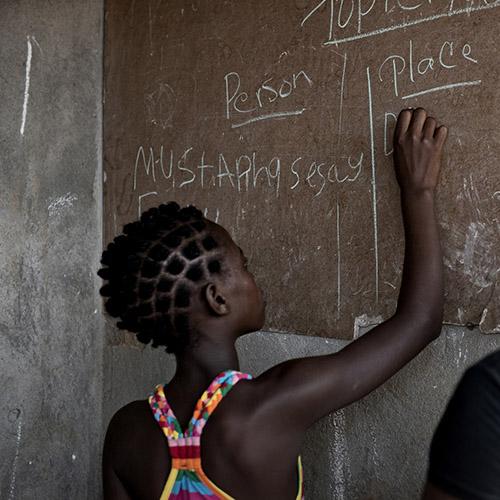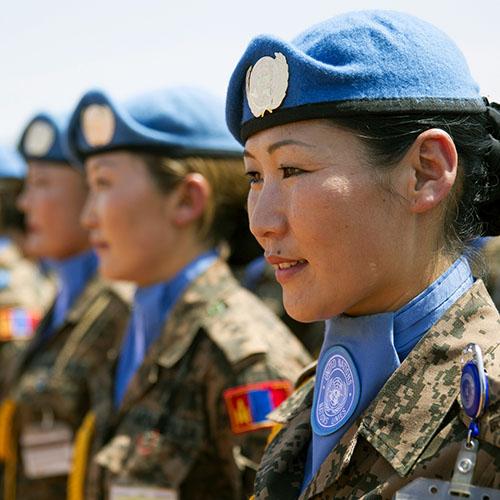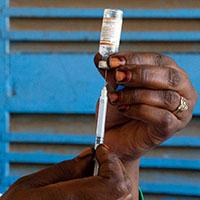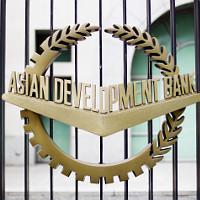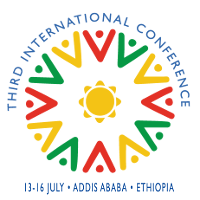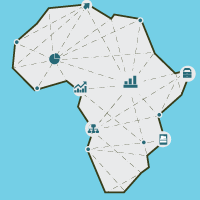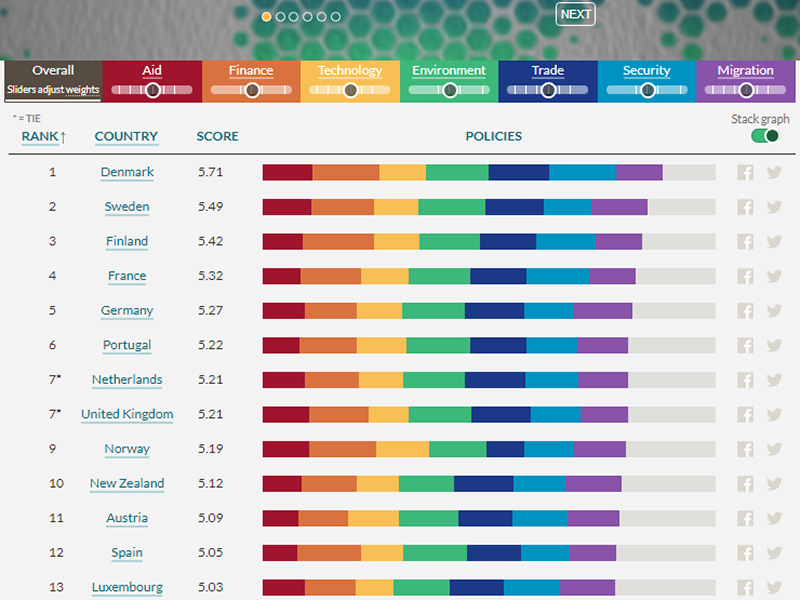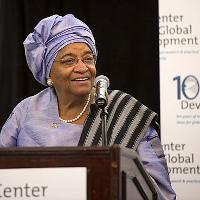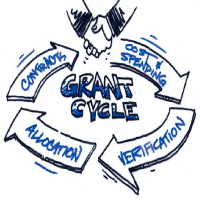Overview
In less than six months, the Center for Global Development’s COVID-19 Gender & Development Initiative has not just had an impact on the discourse around what to do to help ensure an inclusive recovery, but already the world’s biggest donors are putting the Initiative’s ideas into action.
It all started at a series of virtual convenings. We brought together the world’s leading gender experts in three areas - social protection, global health, and economic empowerment - and presented the data and evidence CGD researchers had synthesized regarding the COVID-19 crisis’ gendered impacts and the extent to which governments’ and donors’ response efforts paid attention to these inequalities. We discussed the policies and interventions needed to reverse long-standing gender inequalities as countries rebuild from the COVID-19 crisis. Through our research and policy dialogues, we identified three core priorities for donors and governments pursuing an inclusive recovery:
- Cash: Because the economic effects of the crisis will long outlast COVID-19’s direct health effects, governments and donors should continue to provide cash transfers to vulnerable populations, placing a priority on targeting women and addressing their specific needs and constraints, as part of a medium-term recovery strategy. Another form of needed “cash” is stop-gap financing to women-owned firms, which have been more likely to close because of the COVID-19 pandemic, and sectors where women are concentrated (e.g., health, tourism, retail, services), which have been harder hit by the crisis and seen slowed economic activity due to containment measures.
- Care: When access to affordable, quality care infrastructure is lacking, it’s women and girls who bear the burden. A recent analysis from the Center for Global Development finds that in the past year alone, women across the globe provided on average an extra 173 hours of unpaid care - 3 times more than men. While the COVID-19 pandemic has exacerbated the lack of access to childcare and inequalities in who provides unpaid care, this serious problem predated the pandemic. Governments, with donors’ financial and technical assistance, should strengthen labor market policies and programs to ensure they benefit women, including by prioritizing investments that reduce and redistribute unpaid care work.
- Data: We know that the coronavirus pandemic is not gender-blind, yet our knowledge of the varied ways it affects different demographic groups is incomplete due to data gaps across economic, education, health, and social dimensions. To make better policy, governments and donors should monitor and evaluate the benefits of COVID-19 mitigation and recovery measures on women and girls, as well as strengthen broader data systems to ensure they reflect women’s and girls’ lived realities.
Then we took these ideas on the road. We held more than 100 meetings with representatives from the World Bank, regional development banks, bilateral aid agencies, philanthropic foundations, the United Nations, and other influential organizations that could put these ideas into practice and policy. We organized and participated in more than 30 events attended by more than 3500 people. Our 10 publications to date have been read by more than 25,000 people and were featured in 94 influential media outlets, including NPR, Fortune, Axios, MSNBC, Inside Philanthropy, and Bloomberg News. And our research was cited more than 55 times in academic journals and in studies by the world’s most influential development institutions, including the World Bank and the United Nations.
Most importantly, we changed the practices and policies of the world’s most influential decision makers.
IDEA INTO ACTION: Gates Foundation Announces $650 Million Backing for CGD’s Proposed COVID-19 Gender and Development Agenda
In July, Melinda French Gates announced that the Bill & Melinda Gates Foundation will make a five year $650 million commitment to furthering economic empowerment for women around the globe - and that the commitment will focus in three areas: cash, care, and data.
She echoed CGD’s recommendations when she said: “We think about economic empowerment in terms of three priorities: cash, care, and data. Cash means making sure that recovery, stimulus, and social protection money gets directly into women’s hands. Care means helping families raise children and care for sick relatives—for example, by subsidizing child care centers or offering paid family and medical leave—instead of just expecting women to do it all, unpaid. And data means making the invisible visible so that leaders and policymakers can pinpoint the needs of women and girls, develop evidence-based reforms, and monitor progress.”
IDEA INTO ACTION: Childcare Emerges as an IDA20 Priority
In June, we wrote a policy note on how the upcoming International Development Association (IDA) replenishment cycle at the World Bank can promote a gender-inclusive recovery from COVID-19, tailoring our “care, cash, and data” recommendations to the IDA context. IDA is the largest source of concessional loans and grants for the world’s poorest countries, so its upcoming replenishment cycle (IDA20) is a key opportunity to promote a more inclusive recovery—and, in particular, one that reaches and benefits women and girls disproportionately hurt by the COVID-19 crisis.
Consistent with our paper’s recommendations, the IDA20 special theme paper on gender and development has included a target on childcare, to “support 15 IDA countries to expand access to quality, affordable childcare for low-income families.” This is an unprecedented step for IDA special theme papers on gender, and more broadly. The special theme paper also outlines a new commitment to improving the availability of gender data: “Support 34 IDA countries including those with ongoing statistical operations (i) to strengthen institutions and build capacity to reduce gaps in the availability of core data for evidence-based policy making, including disaggregation by sex and disability where appropriate; and (ii) to increase resilience of statistical systems, including through investments in digital technology and high-frequency monitoring capabilities.” Now this momentum should be translated into targets in final IDA negotiations, and broader MDB policy priorities.
IDEA INTO ACTION: Development Institutions Prioritize Tracking Their Impact on Women’s Economic Outcomes
In December 2020, CGD researchers, in partnership with Data2X, released a critical resource allowing development institutions of all kinds to better measure progress on their work to improve women’s economic outcomes. The report, Measuring Women’s Economic Empowerment: A Compendium of Selected Tools, aims to help researchers, donors, policymakers, and the private sector understand how different women’s economic empowerment (WEE) measurement tools are built—and select among these tools to measure WEE in their own contexts.
Using its convening power to help put these ideas into action, in May 2021, CGD and Data2X launched the Women’s Economic Empowerment (WEE) Measurement Learning Collaborative, which brings together WEE experts across sectors to improve the quality and relevance of WEE measurement tools and indicators and advance understanding and informed use of WEE-related measures for research and action.
Organizations ranging from the International Assistance Innovation Program at Global Affairs Canada to the World Bank’s Government-to-Person Payments (G2Px) Initiative have begun to rely on the compendium to better measure the progress they are making on women’s economic empowerment.
IDEA INTO ACTION: Public Development Banks Commit to Take CGD Gender Equity in Development Finance Survey
At the Paris Convening of the Generation Equality Forum, public development banks committed to participate in the second round of the Center for Global Development’s Gender Equity in Development Finance Survey. The survey examines the degree to which development finance institutions and other investors prioritize a focus on gender equity and women’s empowerment, both in their external investments and internal diversity, equity, and inclusion efforts.
The banks’ official statement read, “In committing to take the survey, PDBs and external stakeholders will gain critical information facilitating collective progress, as the survey assesses PDBs’ internal and external gender equity policies and practices and highlights examples of strong practices as models to emulate.”
To date, many of the surveyed institutions have used our findings and recommendations to spark change in their internal and external gender equity policies.
Related Work
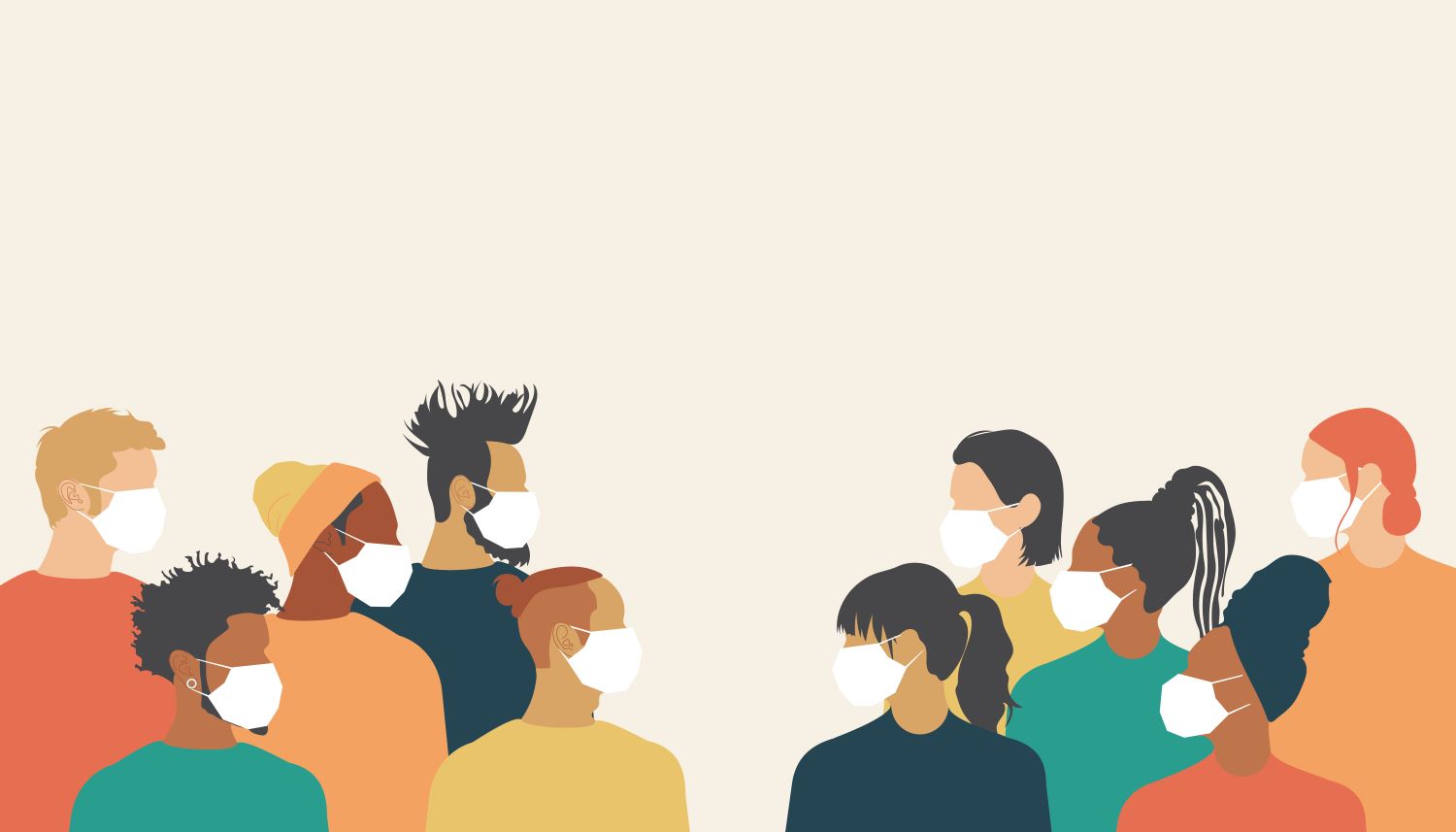
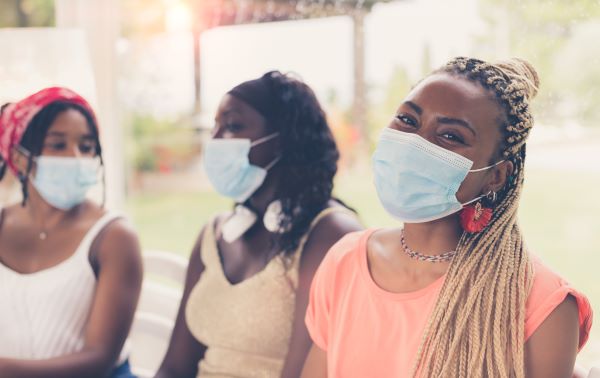
Publication
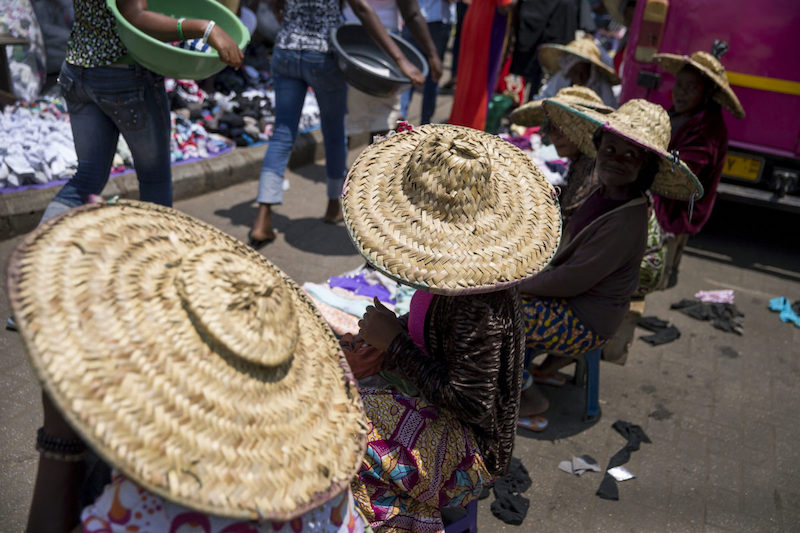
Related Experts
Megan O'Donnell
Former Co-Director, Gender Equality and Inclusion Program and Policy Fellow
Support More Work Like This.
Your contribution makes it possible for the Center’s researchers to devise practical, evidence-based solutions for today’s most pressing development challenges.


